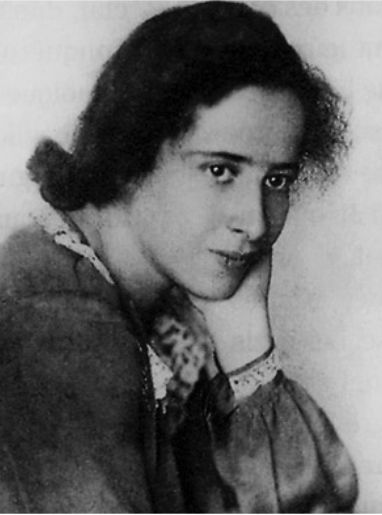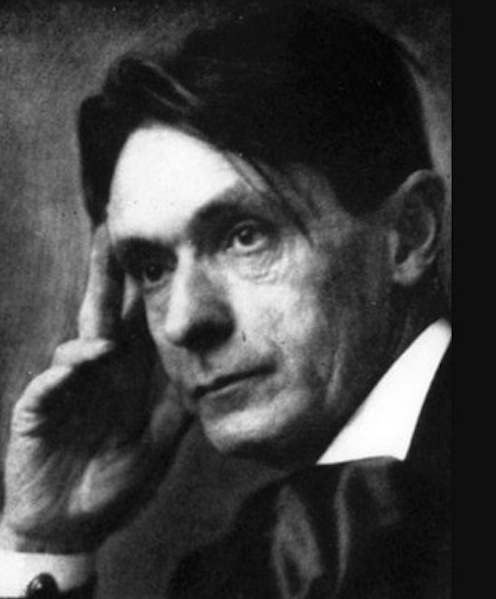Selected Quotations by Einstein on Education
Armament for those resisting, or recovering from, the stupefying impact of institutionalized ’education'.
Armament for those resisting, or recovering from, the stupefying impact of institutionalized ’education'.
This article written from the perspective of a school psychologist echoes many concerns shared by classroom educators.
A musician wakes from a terrible nightmare. In his dream he finds himself in a society where music education has been made mandatory. “We are helping our students become more competitive in an increasingly sound-filled world.” Educators, school systems, and the state are put in charge of this vital project. Studies are commissioned, committees are formed, and decisions are made–all without the advice or participation of a single working musician or composer.
An Atlantic article reviewing the practice of teaching math through problem solving.
If you wanted to change an ancient culture in a generation, how would you do it? You would change the way it educates its children.
“Educational enterprises do not for any length of time remain immune from the struggle of interests for power which is the dominant feature of social life under a class system.”
“It is not enough to teach a specialty. Through it one may become a kind of useful machine but not a harmoniously developed personality.”
“It is essential that students acquire an understanding of and a lively feeling for values. They must acquire a vivid sense of the beautiful and of the morally good. Otherwise they --- with their specialized knowledge --- more closely resembles well-trained dogs than a harmoniously developed people. They must learn to understand the motives of human beings, their illusions and their sufferings, in order to acquire a proper relationship to individual fellow people and to the community.”
“These precious things are conveyed to the younger generation through personal contact with those who teach, not --- or at least not in the main --- through textbooks. It is this that primarily constitutes and preserves culture. This is what I have in mind when I recommend the 'humanities' as important, not just dry specialized knowledge in the fields of history and philosophy.”
“Overemphasis on the competitive system and premature specialization on the ground of immediate usefulness kill the spirit on which all cultural life depends, specialized knowledge included.”
“It is also vital to a valuable education that independent critical thinking be developed in young human beings, a development that is greatly jeopardized by overburdening them with too much and with too varied subjects (point system). Overburdening necessarily leads to superficiality.”
“Teaching should be such that what is offered is perceived as a valuable gift and not as a hard duty.”

“The aim of totalitarian education has never been to instill convictions but to destroy the capacity to form any.”
“We do not learn from experience...we learn from reflecting on experience.”

“Love is higher than opinion. If people love one another the most varied opinions can be reconciled--thus one of tne most important tasks for humankind today and in the future is that we should learn to live together and understand one another. If this human fellowship is not achieved, all talk of development is empty.”
© Copyright 2024, Ron Liskey